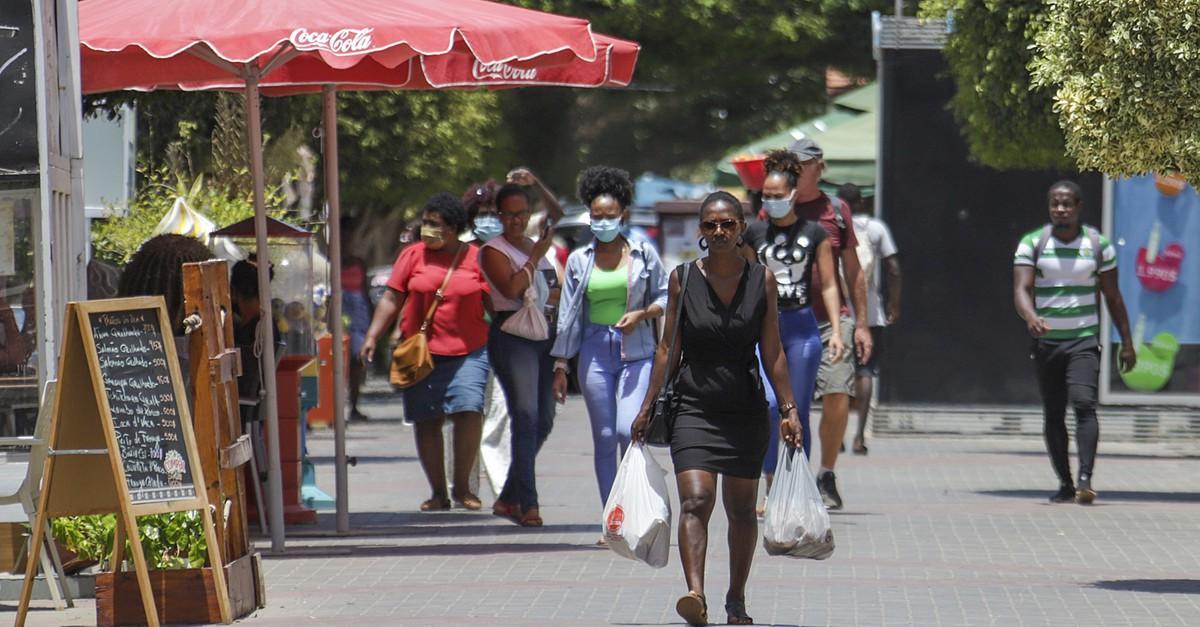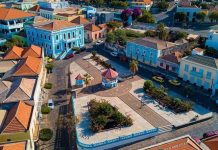Africa-Press – Cape verde. The resident representative of the International Monetary Fund (IMF) in Cape Verde said that the State needs to continue reforms to face a lower rate of investment in the country and limitations imposed by the population leaving abroad.
“In the future, it is important that the Government continues to carry out reforms that increase the productivity of the economy, because this will be the main driver of growth”, in a context in which the investment rate (as a percentage of Gross Domestic Product) has been falling, “a drop that is not new”, but rather “a trend from a few years ago”, said Rodrigo Garcia-Verdu, in an interview with the Lusa agency.
On the other hand, “the growth potential may be limited by emigration, which reduces the productive capacity of the economy”, said the Mexican economist, the IMF’s first resident representative in Cape Verde, where he has been since August.
In this scenario, reforms, which “are always important”, are all the more “fundamental” in Cape Verde, in order to “compensate for the negative effect of lower investment rates and emigration”.
Rodrigo Garcia-Verdu said that the measures should focus on eliminating “constraints in the different sectors” of activity, a matter of work by partners such as the World Bank or the African Development Bank, and that in some cases they consist of a lack of infrastructure, in others they reside in procedures inadequate.
In January 2024, the IMF report that will accompany access to the new Resilience and Sustainability Trust Fund (RST) should provide clues about specific recommendations.
“Emigration is a mixed blessing”, said the fund’s representative in the interview with Lusa – Cape Verde has 500 thousand inhabitants and triple that in the diaspora.
“It contributes to the economy through remittances and the formation of human capital abroad, but it also means that this population potential is no longer present in the country”, he considered.
With regard to the State’s business sector, “the Government has made important advances in the transparency of the sector and, “now comes the most difficult step: once we have indicators”, it is necessary to “insist on meeting the targets, in an economy that he no longer has the difficulty of external shocks”, the pandemic and the price of raw materials, he said.
For him, “it is a time when the Government can expect better results”, noting that the 2022 report from the SEE Monitoring Unit (UASE) “already shows progress, but the risks are still there” and will decrease if the sector has “better performance”.
The Government has a privatization portfolio to advance, a process that the IMF also follows, defending that there is regulation, without which there is no guarantee that the privatized sectors “work efficiently” – pointing out, for example, the risk of monopolies.
“If privatization is not accompanied by appropriate regulation, a fiscal risk may also materialize,” he said.
In this case, the resident representative of the IMF considered that Cape Verde “has a lot of capacity to correctly regulate privatized companies”.
The IMF has a “view close to that of the Government” regarding the evolution of the economy in 2024: after the pandemic shock and the great recovery that followed (GDP growth of 17.7% in 2022), a return “to normality”, without major fluctuations, he said.
The fund predicts that Cape Verde will grow 4.5% this year, with a favorable short-medium term outlook.
The Cape Verdean Government aims for an increase of 5.7% in 2023 and 4.7% in 2024.
For More News And Analysis About Cape verde Follow Africa-Press






